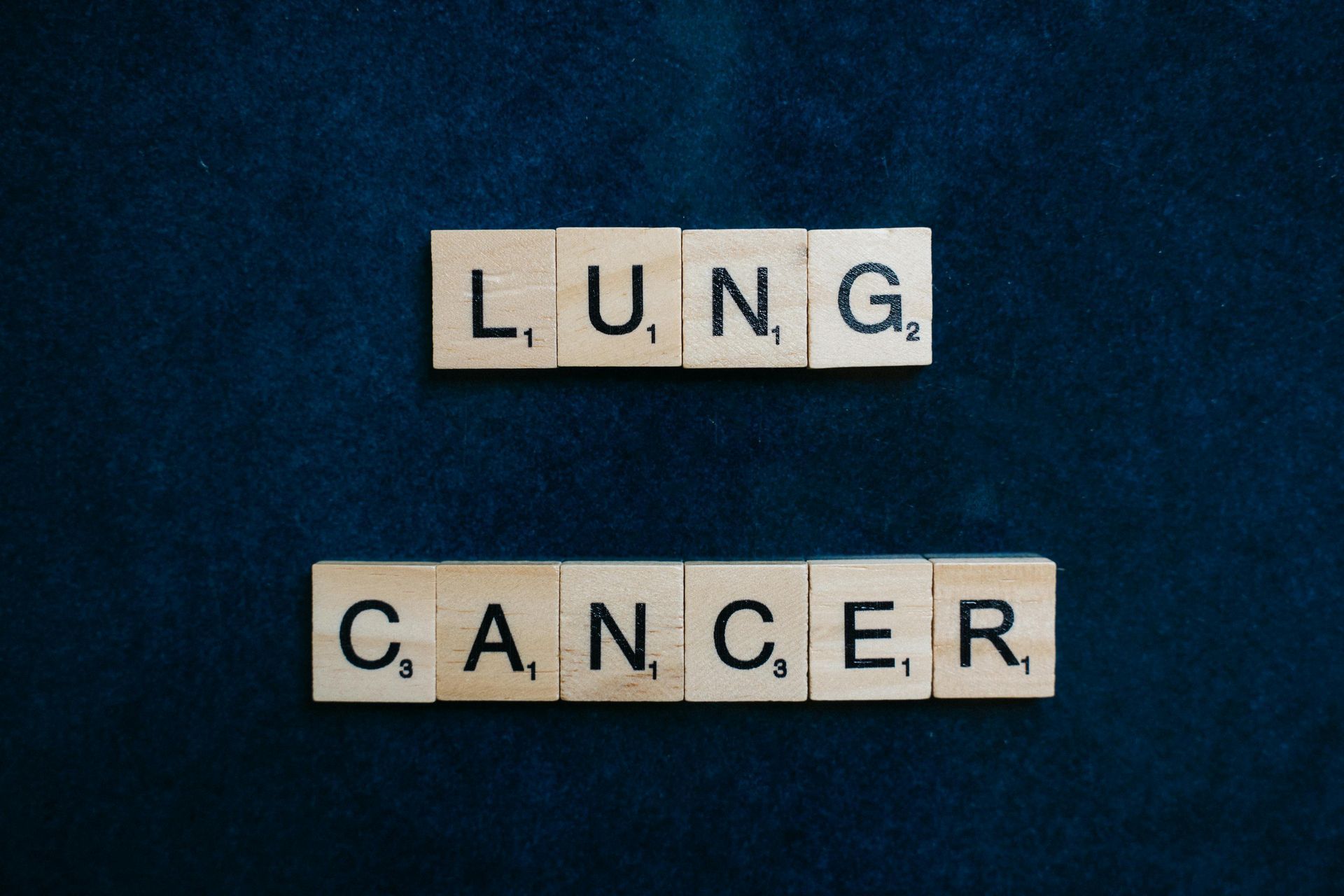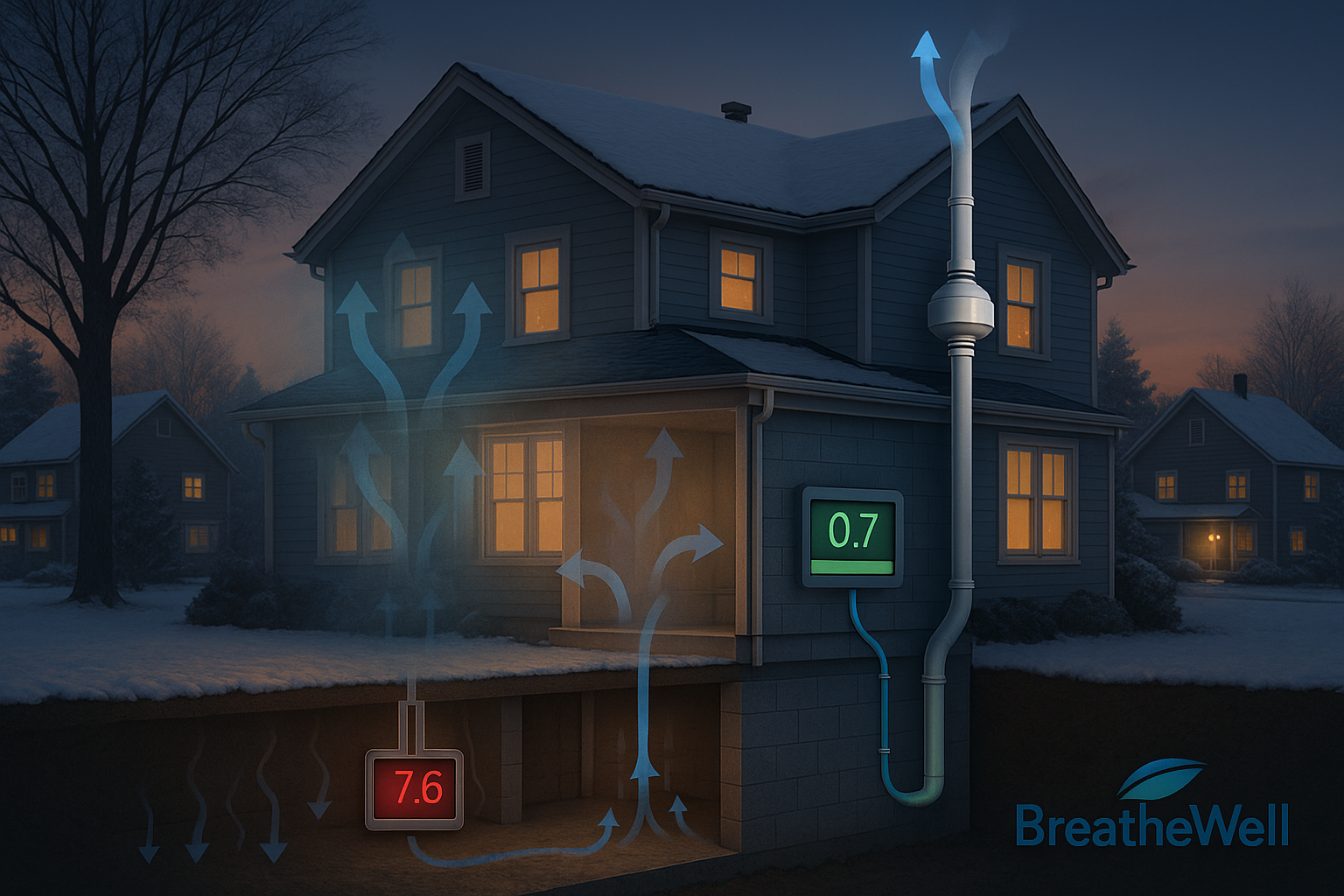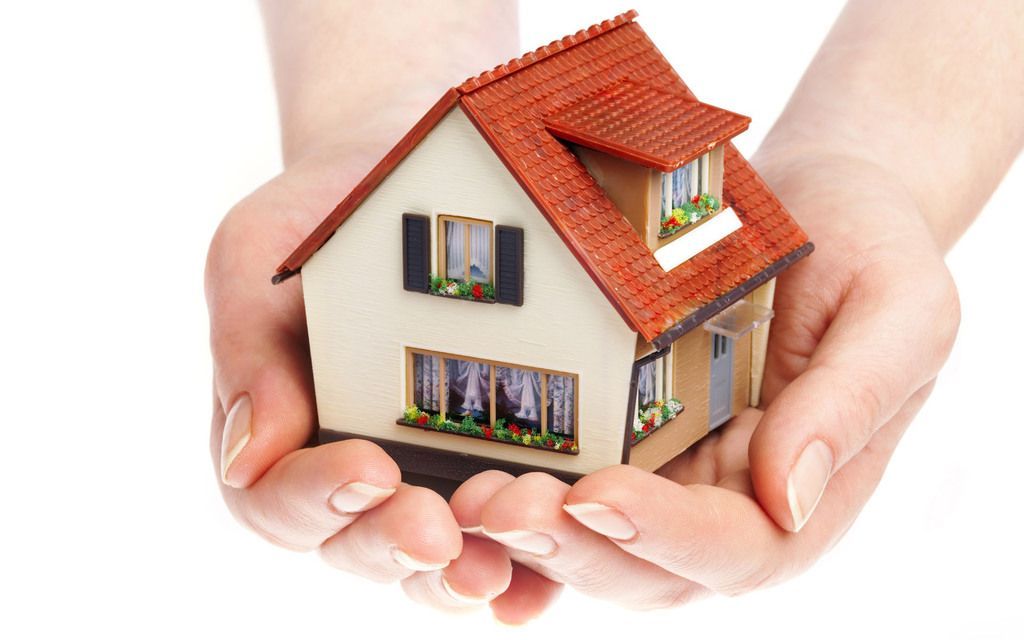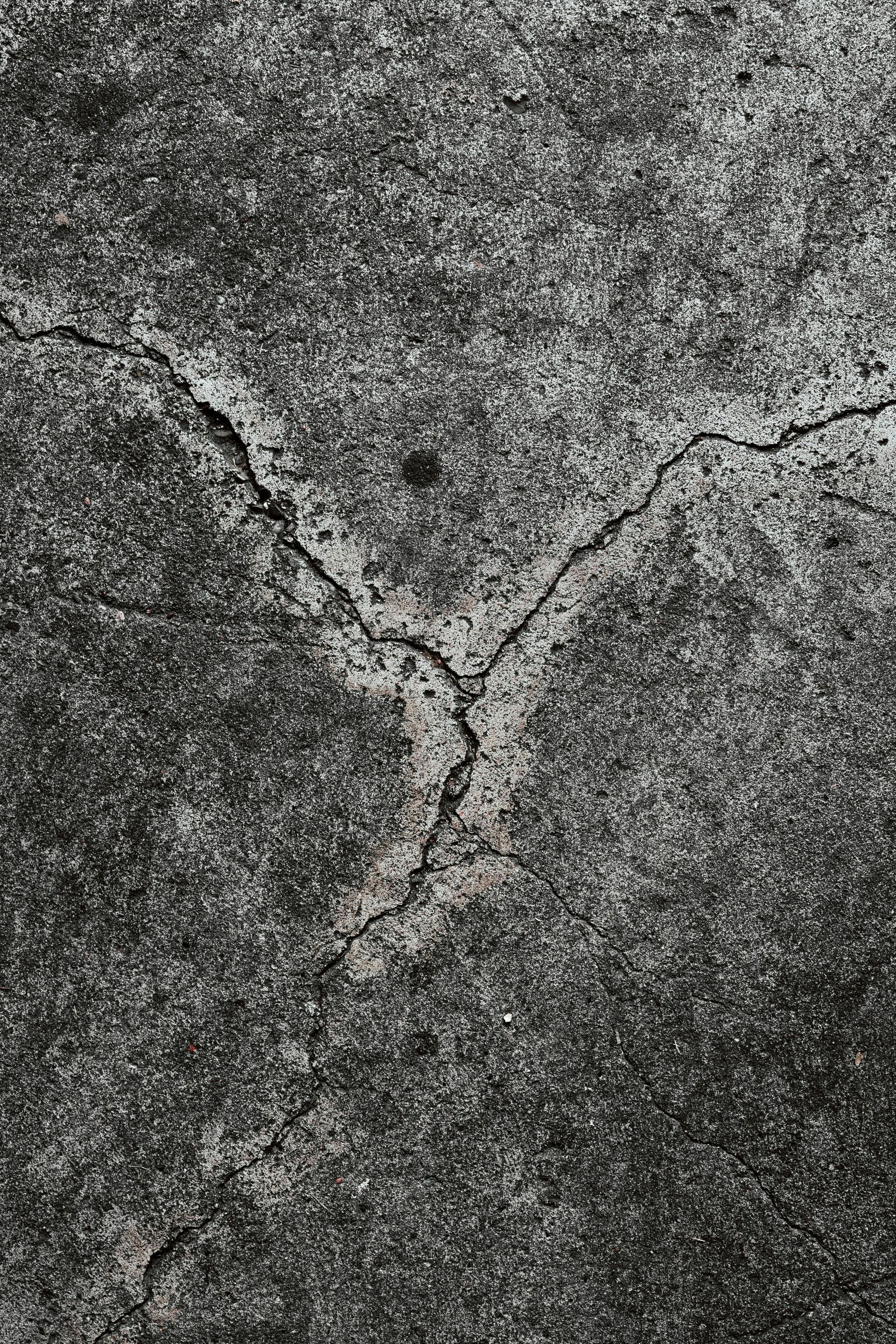The Link Between Radon and Lung Cancer

Understanding the Hidden Dangers of Radon Gas
Radon is a colorless, odorless radioactive gas formed by the breakdown of uranium in soil and rock. It seeps into homes through cracks in the foundation, sump pump openings, or crawl spaces—especially in areas like Madison and southern Wisconsin, where basement living is common.
Once trapped indoors, radon particles can accumulate to dangerous concentrations. Over time, inhaling these radioactive particles damages lung tissue, increasing the risk of lung cancer. Because it’s invisible and symptom-free, radon often goes undetected until it becomes a serious health hazard.
How Radon Exposure Leads to Lung Cancer
Scientific research confirms a direct relationship between radon exposure and lung cancer. According to the U.S. Environmental Protection Agency (EPA), radon is the second leading cause of lung cancer in the United States—responsible for an estimated 21,000 deaths each year.
When inhaled, radon decay products release radiation that mutates DNA within lung cells. Over time, this can lead to malignant growths and cancer. For smokers, the danger is compounded; the combined exposure of cigarette smoke and radon gas multiplies lung cancer risk dramatically.
Even low levels of radon can pose a threat with long-term exposure, making testing and mitigation critical for every homeowner.
Why Wisconsin Homes Face Elevated Radon Risk
Wisconsin’s geology makes it especially prone to radon infiltration. The glacial soil and fractured limestone beneath the Madison area allow radon to migrate upward toward homes.
Cold winters make the issue worse—when windows stay closed for months, ventilation decreases and radon builds up indoors. Homes of all ages and styles are vulnerable, including newer constructions built with energy-efficient, airtight designs.
The only way to know your risk is through professional testing.
Radon Symptoms: The Silent Threat
Unlike other environmental hazards, radon exposure causes no immediate symptoms. It doesn’t cause headaches, coughing, or irritation. Instead, its effects accumulate slowly, often leading to lung cancer years or decades later.
That’s why proactive testing—not waiting for symptoms—is the only reliable way to protect your home and health.
How to Protect Your Home and Family from Radon
The EPA recommends action when radon levels reach 4 pCi/L (picocuries per liter) or higher. Thankfully, effective mitigation systems can reduce levels by up to 99%.
Here’s how to safeguard your home:
- Test Your Home: Use a short- or long-term test kit, or hire a certified professional.
- Install a Radon Mitigation System: Sub-slab depressurization systems safely vent radon from beneath your home.
- Retest Regularly: After mitigation or renovations, confirm your levels remain low.
- Address Smoking Risks: If anyone smokes inside, radon mitigation is even more vital.
These steps can dramatically lower your exposure and safeguard your family for the long term.
Why Homeowners Trust BreatheWell Radon Solutions in Madison
At BreatheWell Radon Solutions, our mission is simple: to keep Madison-area families safe through scientifically accurate testing and precision mitigation systems. We understand how Wisconsin’s climate, soil, and construction styles influence radon levels—and we tailor every system to your home’s unique conditions.
When you work with BreatheWell, you get certified professionals, advanced diagnostics, and peace of mind that your air is clean and safe to breathe.
Take Action: Schedule Your Radon Test Today
Radon may be invisible, but the threat is real—and preventable. Don’t wait for symptoms to appear. Testing your home is quick, affordable, and could save lives.
Contact
BreatheWell Radon Solutions in Madison, WI, for expert testing and mitigation backed by science and experience. Protect your home today—breathe well tomorrow.
Ready to work with BreatheWell Radon Solutions?
If testing has shown your Madison home has elevated radon levels, the next step is clear: mitigation.
Every day you wait is another day of unnecessary exposure.
Call:
(608) 820-8394
Email:
breathewellmadison@gmail.com



